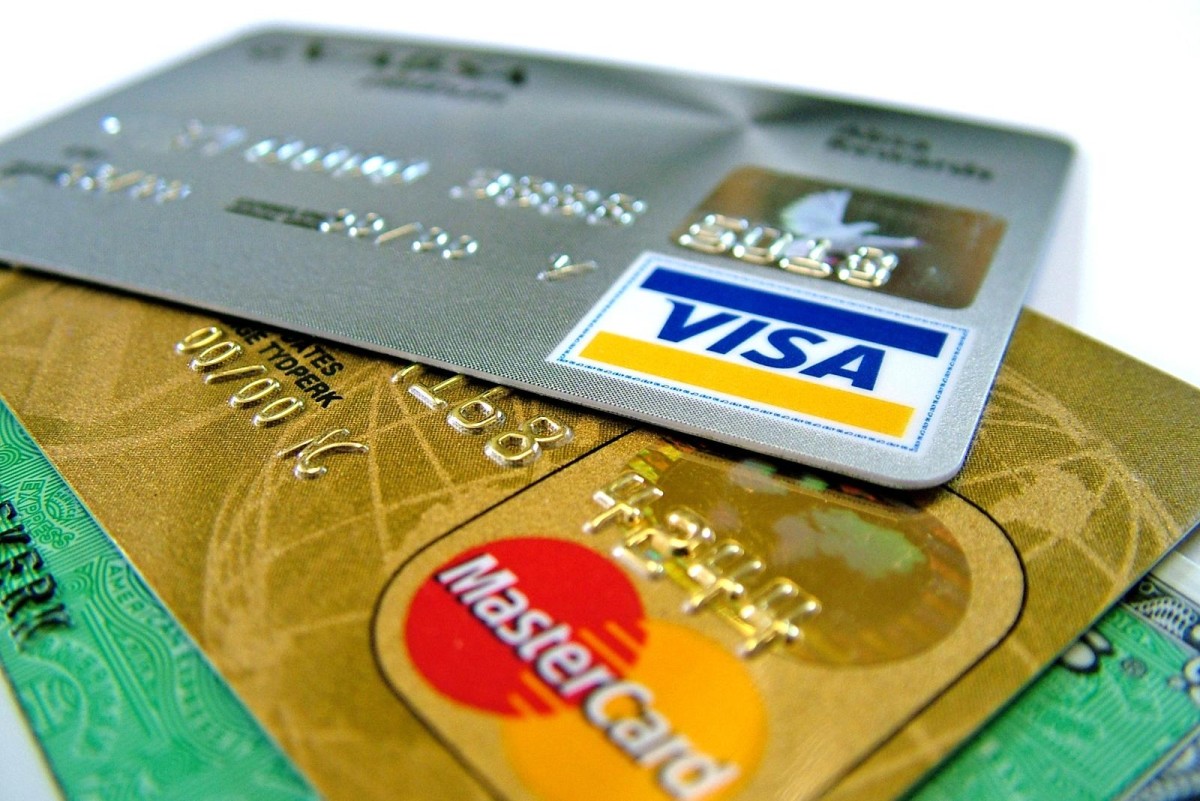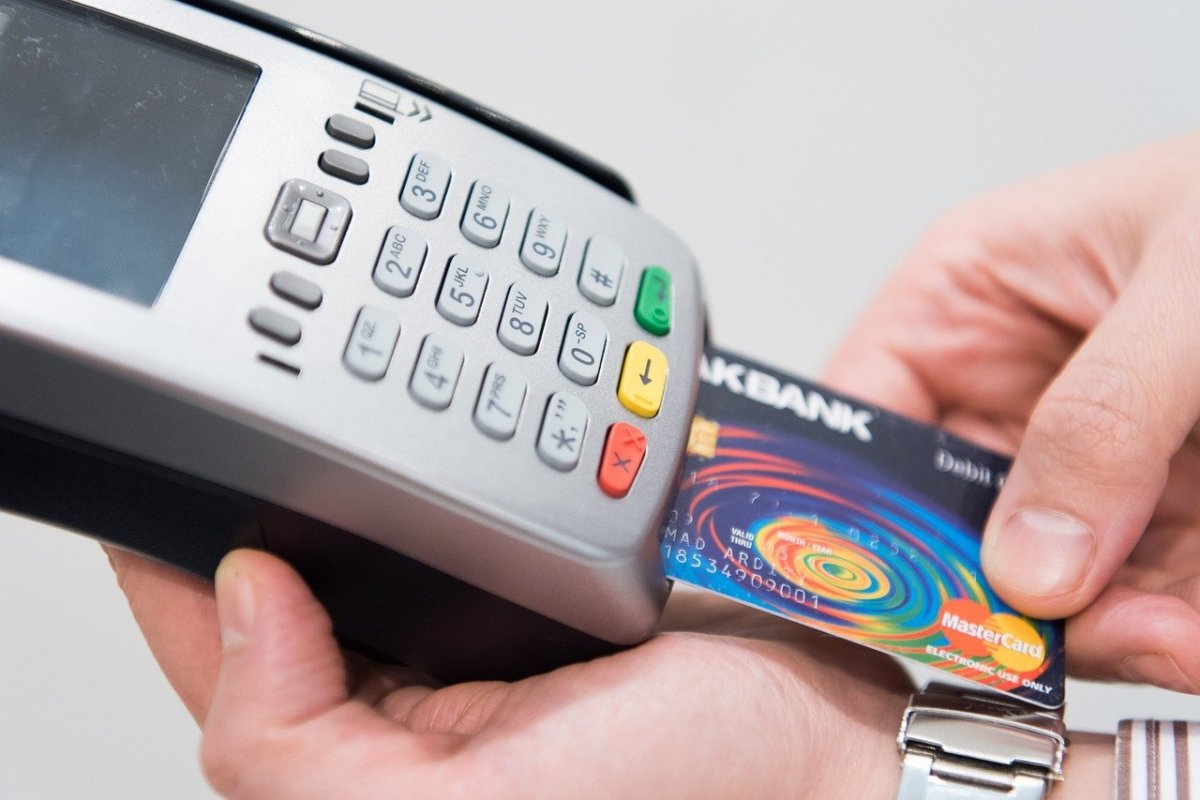How to Get Your Finances in Order after Defaulting on a Mortgage
How To Avoid Foreclosure

Preparing For A Mortgage Default
The best way to get your finances in order after defaulting on a mortgage is to start before you default. By learning all you can about what is in store and what you will need to do you will save your self time and headache. For most people defaulting on a mortgage is not a surprise. It takes time to fall behind on a mortgage to the point that a bank will seek to foreclose. By then a strategic plan for walking away from the home and the mortgage can be formulated so that the damage to your finances is limited and contained.
Can You Default On A Mortgage On Purpose?
Yes, you can. It's called a strategic default; it is when you plan for default accordingly. The consequences of a strategic default may be minimal compared to other defaults simply because of the preparation. If you are thinking of defaulting, or are currently in default, there are things you can do to limit the damage and begin the long process of rebuilding your finances.
Extenuating Circumstances And Mortgage Default
Things happen, bad things, all the time. Some times these bad things happen to good people and their families, forcing them out of their homes. Some times these bad things are out of our control and occur through no fault of our own. These no fault occurences are called extenuating circumstances by the Fannie Mae and Freddie Mac guidelines and may reduce the amount of time you have to wait before trying to buy a new home. In the guidelines extenuating circumstances are defined as :
- Extenuating Circumstances : nonrecurring events that are beyond the borrowers control that result in sudden... reduction in income or catastrophic increase in financial obligation.
If you claim extenuating circumstances on a mortgage application you will have to provide some documentation and a letter explaining the events. The mortgage company will then have to verify your account before proceeding. Supporting documents may include divorce decrees, tax documents, claims settlements and any other legal documents supporting your claim.
Tips For Rebuilding Credit After A Mortgage Default
- Let the mortgage company know you are falling behind and may have to default. They may have options that can help you. They don't want you to default, they can help....to a point.
- Get your credit score. Clean up any lose you may have. It is important to have the best score possible. There are things known as "extenuating circumstances" which may mitigate some items on your score.
- If you have a lot of credit card debt a consolidation may be the right move. This can significantly lower your interest rates and monthly payments but also comes with some caveats.
- Contact any collections agencies that are holding any of your debts. Even if you can't pay anything now let them know you are aware of the bill and want to pay it. A regular monthly payment of even $5 could keep them from reporting your debt to the credit bureaus.
- Use bankruptcy as a last resort. It is a good way to wipe the slate clean and get a new start but is a long and difficult process. It can take 7 years or more to fully recover from bankruptcy.
Rebuild Credit After Mortgage Default

Top Tip For Recovering After A Mortgage Default
According to the Freddie Mac website the number one thing to do after defaulting on a mortgage is to find an affordable place to live. Once you are settled in then you can turn your attention to the task of rebuilding your credit.
Even with a default you should be able to find a place to rent. Sometimes you can work out a deal with the mortgage company and rent back the house you just lost. If not there are lots of available places for rent. Finding the right land lord could mean the difference between an OK place and a great place.
Homeowner Options For Mortgage Default
There are four options for homeowners considering a mortgage default. Each is different but all can have long lasting ramifications in terms of your credit and credit score. The requirements and penalties with each option is different so it is important to understand the differences before making any decisions.
- Foreclosure - The process whereby a lender such as your bank seeks to recover the balance of your mortgage loan. This is usually done after the borrower (homeowner) stops payment on the loan. The mortgage lender will seek to force sale of the collateral (the house) in order to recover the loan amount.
- Deed in lieu of foreclosure - This is a financial arrangement with the bank or mortgage lender to deliver ownership (the deed) to the bank in order to avoid going into default or to prevent foreclosure proceedings. This is preferable to foreclosure for several reasons. It will cost less, releases you from financial obligation and impacts your credit score much less than a foreclosure.
- Short Sale - This is when the lender agrees to accept sale of the house for less than the repayment amount in order to satisfy the loan agreement. Any amount not covered by the sale is known as a deficiency. Any deficiency may have to be repaid unless the short sale agreement nullifies the debt. In some states, such as California, a short sale agreement instantly precludes any deficiencies. Short sales are often beneficial to both the borrower and the lender and are another alternative to foreclosure.
- Bankruptcy - This often seen as an alternative to foreclosure because it can stop the proceedings entirely. Filing for bankruptcy can help you keep your home but it only works in specific cases. There are two kinds of bankruptcy and both have long lasting repercussions on your credit score. In most cases it will take 7 years or more to recover.
How Do You Get Your Credit Report
There are many ways to get your credit report. Banks, lenders and other people in the finance industry can pull it up, usually for a fee. It is also possible to get a free credit report online. Be careful though, many of the free credit report sites will sign you up for credit monitoring services that you will have to opt out of later or be charged fees.
- You are guaranteed a free credit report from each of the three credit reporting agencies once per year. By checking one every three months you can keep close tabs on your score throughout the year.
- Each time your score gets checked it leaves a trace on your report. Too many checks in a short time looks bad a lowers your credit worthiness.
What Affects My Credit Score
Any negative credit information reported to the credit agencies will affect your credit score. The good news is that lenders are not required to report anything. The credit bureaus work on the goodwill of business and rely on them to voluntarily report credit information. What this means is that if you work with your lenders you will have a better chance of limiting damage and preparing yourself to rebuild your score. What does this mean? Always contact your lenders and creditors if you are falling behind, let them know what is going on. If you are already behind or in default you should still maintain contact and a positive relationship. You should be able to negotiate some terms and keep any negative news from being reported to the credit agencies.








